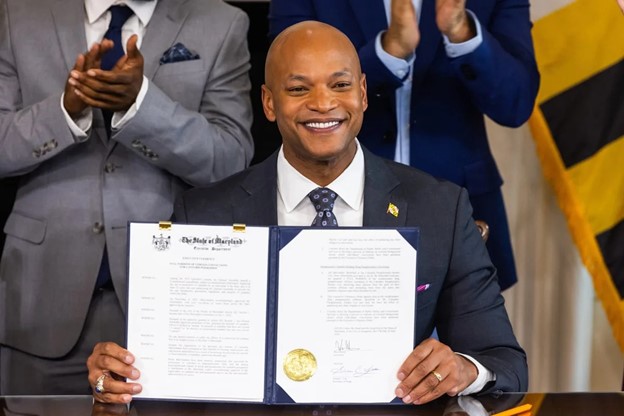Georgia is set to become the inaugural U.S. state permitting the sale of low-dose medical marijuana through local pharmacies, marking a significant milestone four years after the state initially sanctioned the distribution of low-dose THC. This development was reported by CNN.
By the end of the year, individuals who meet specific criteria for medical cannabis use, as outlined by Georgia’s legislation, will have the option to purchase low-dose THC products at their nearby pharmacy. To clarify, this doesn’t imply that traditional cannabis joints will be available at pharmacies, as elucidated by Gary Long, the CEO of Botanical Sciences, one of the two licensed distributors of medical cannabis in Georgia, as reported by CNN.
This signifies that pharmacies across the state can seek approval from the Georgia Board of Pharmacy to sell products with a THC content of 5% or less. These products might surround items like oils, tinctures, topicals, capsules, and lozenges.
Pharmacist Jonathan Marquess expressed his enthusiasm for the initiative, stating that numerous patients in his area have eagerly awaited this development.
THC, the psychoactive component of cannabis, is prescribed for conditions such as pain, nausea, and insomnia, despite its mind-altering effects.
Long revealed that 130 local pharmacies have committed to selling his products, with a considerable number of the state’s 400 independent pharmacies expressing interest in obtaining the necessary license, according to a professional association representing independent pharmacies.
The prospect of dispensing medical cannabis through pharmacies in a traditionally conservative state has generated significant attention and even some social media virality, as noted by Long.
The law, which was enacted in 2019, has faced prolonged delays in implementation, according to CNN. While three other states have laws permitting pharmacies to sell marijuana, they have not yet implemented this provision, as explained by Andrew Turnage, the executive director of the GA Access to Medical Cannabis Commission.
It is important to note that despite these state-level developments, the sale of any form of cannabis remains federally illegal.
Jay Wexler, a professor of law at Boston University School of Law, and author of ‘Weed Rules,’ highlighted the legal complexities surrounding cannabis at the federal level. He pointed out that many actions related to cannabis are formally illegal, but their enforcement remains a matter of debate.
Marquess emphasized the benefits of obtaining THC from a pharmacist, who can offer education, resources, and counseling to guide patients toward the most suitable product.
Other states are looking to replicate Georgia’s program, indicating its potential to serve as a model for preserving patient access in states grappling with the impact of recreational cannabis on their medical programs.
Long hopes that improved access will follow this development since Georgia’s medical marijuana law remains more restrictive compared to the laws in most other states, as reported by CNN.
These restrictions include limited conditions for which doctors can prescribe the drug, such as specific diseases like certain stages of cancer, PTSD, and Alzheimer’s disease.
Aaron Smith, the executive director of the National Cannabis Industry Association, commended Georgia for aligning with the majority of states with medical cannabis programs but expressed a desire for a more patient-centric approach in line with the practices of other states.








